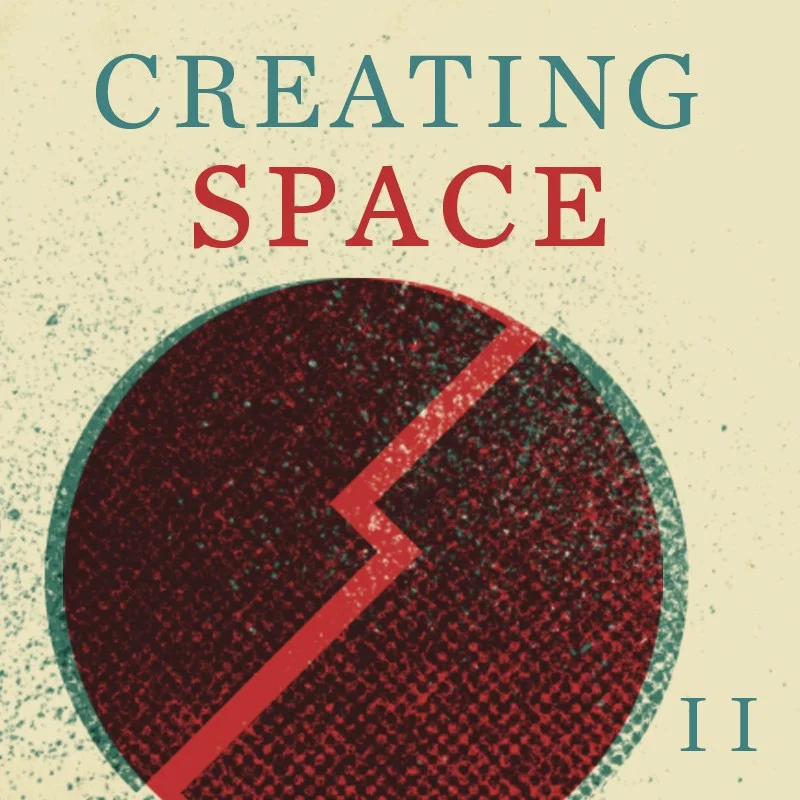series: Cultivate the Romance
title: They gave our of uncertainty
teacher: Jacob Bender
date: January 31, 2016
scriptures: Luke 24:13-32, Nehemiah 10:35, Acts 20, James 4:17, Romans 11:16, Numbers 15:17-20, 1 Kings 17, Deuteronomy 26:1-11, Leviticus 23:11, 1 Corinthians 15:20-21, John 12:32, Luke 23:46, Psalm 31:5, Matthew 27:28,
The Root
Paul says, “if the root is holy, so are the branches.”
The principle of the first fruit originated with the Hebrew wordBikkurim. When you read in Nehemiah when he says “we obligate ourselves to bring the first fruit…” or anywhere in the old testament when it says “bring the first fruit,” the word is bikkirum.
Bring the bikkirum.
The bikkurim is the part of the harvest that ripened and came forth before the rest of the harvest did.
The part that ripened and came forth first… God said, that part is mine! and this is an absolutely fascinating fact about Jewish history.
What they would do in those days, is the farmer would notice that a branch would have the bikkurim on it, and he already knew the principle of the first fruit, he already knew “this part is for God” so what would happen is he would take a little scarlet ribbon and he would walk up to the branch that had the fruit on it, and he would tie this scarlet ribbon on the branch as to say “THIS IS FOR THE LORD.”
He was marking it. He was setting it apart. He was saying, “God we give you the first.” He was asking the Lord to bless it. That is why we gave you the little red ribbons this week when you walked in… You can keep it as a token to remember, or you can take it and wrap your offering or offering envelope in it if you are giving a physical offering.
But the bikkirum was the first. It wasn’t just any piece of fruit… a good batch or a bad batch. It was was came first.
it had to be the first! It was the part that came before the harvest…
The farmer didn’t know whether the harvest was going to be large or if much of the fruit would not survive. All he knew for sure was that he the bikkurim. The only certainty was the bikkurim.
He didn’t give out of poverty or out of lack, he gave out of not knowing what it would be,
he gave it out of uncertainty.
He gave the only thing that was certain, out of uncertainty.






















